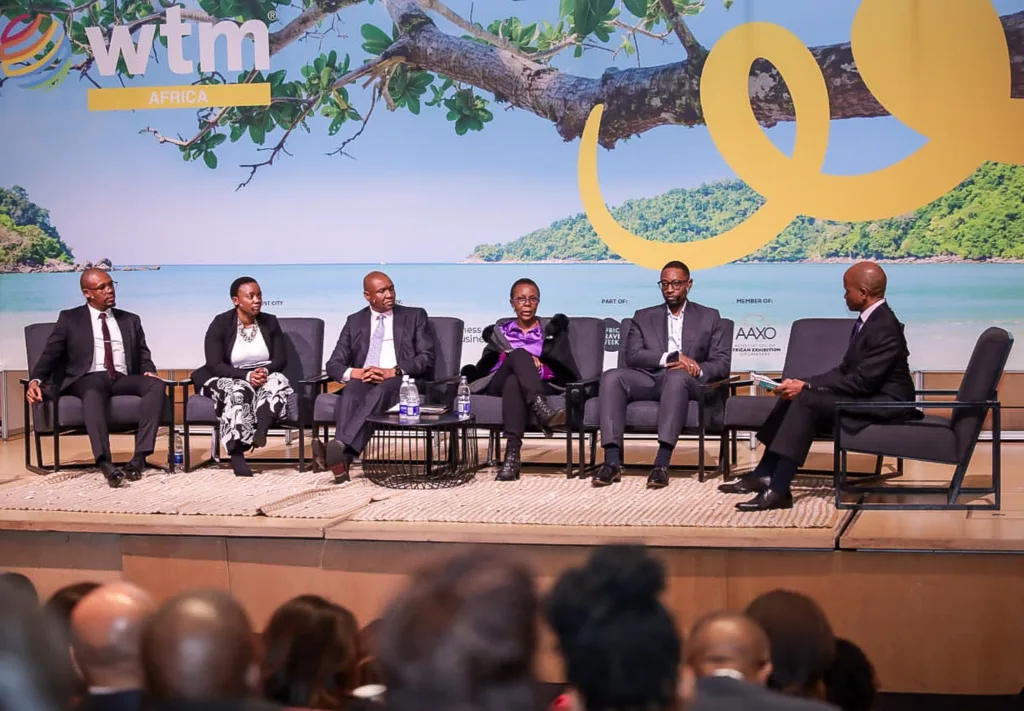Africa is gearing up for a potential surge in Chinese tourism, as highlighted by tourism expert Marcus Lee at the recent World Travel Market (WTM) Africa conference. With China projected to witness 130 million outbound travellers in 2024, more than double the volume of 2023, Lee emphasised the lucrative opportunity this presents for African destinations to attract Chinese tourists.
Lee, CEO of China Travel Online, noted that China, having been in lockdown for three years, is now poised to lead the global tourism recovery and reclaim its position as the world’s largest outbound source market. He stressed that when Chinese travellers explore the world, they not only spend on themselves but also on gifts for family and friends, making them highly valuable tourists despite China’s slowing economy.

To tap into this booming market, Lee outlined key priorities for African destinations. These include easing visa policies and addressing safety concerns to ensure Chinese tourists feel welcome and secure. Lee emphasised the success of destinations like Malaysia, Singapore, and parts of Eastern Europe, which have surpassed pre-pandemic Chinese tourist arrival levels by communicating safety and hospitality effectively.
For Africa, Lee recommended targeting affluent Chinese tourists interested in luxury experiences like wildlife, nature, and cultural immersion. He advised promoting specific regions and attractions rather than marketing the continent as a whole, showcasing each destination’s unique selling points.

To cater effectively to Chinese tourists, Lee stressed the importance of amenities and services tailored to their preferences. This includes providing Chinese signage, translations, and addressing challenges like poor Wi-Fi connectivity and long airport queues.
In terms of promotion, Lee highlighted the need for a dedicated China-focused digital strategy, as Chinese consumers have different online platforms compared to the West. He also noted a shift in Chinese travel preferences towards experiential travel, emphasising the importance of addressing language barriers.

In conclusion, Lee urged African tourism stakeholders to invest in China-Ready certification programs, develop Chinese-language digital marketing, and engage in targeted promotions in key Chinese markets. By being proactive and attentive to the needs of Chinese travellers, African destinations can unlock the vast potential of this valuable source market.








